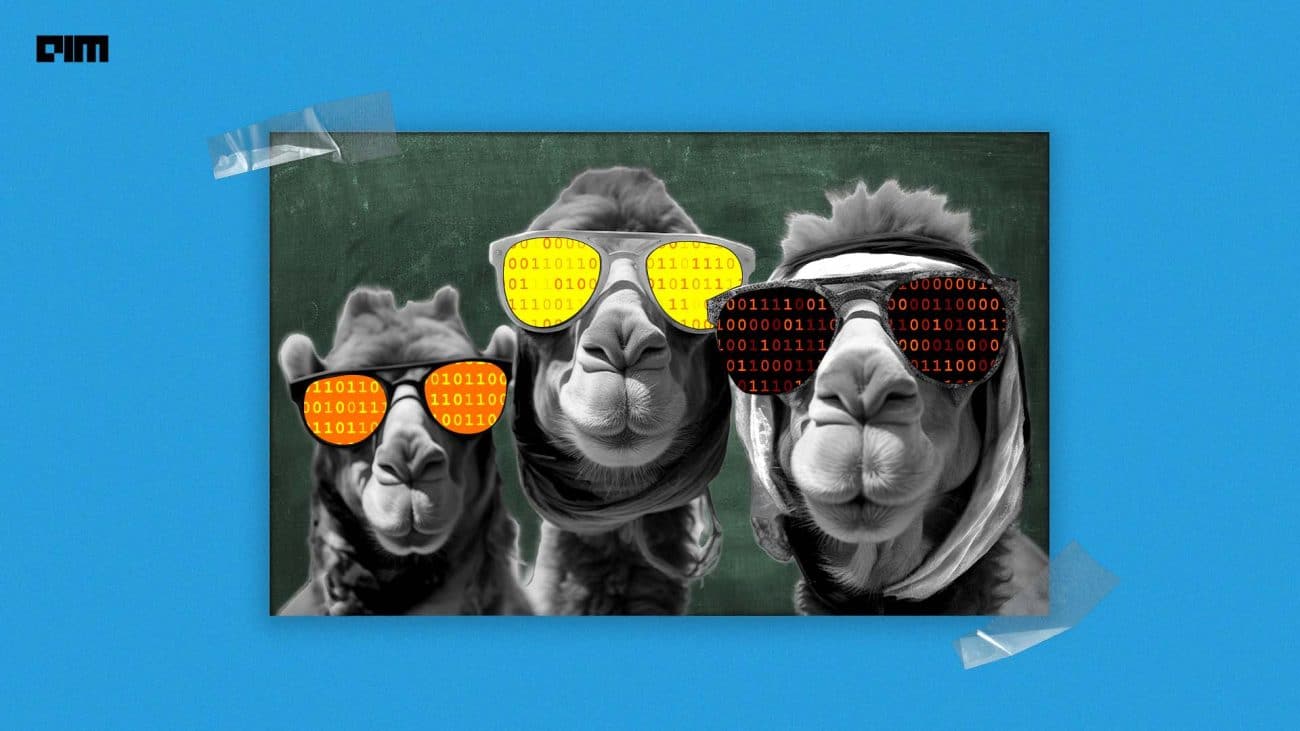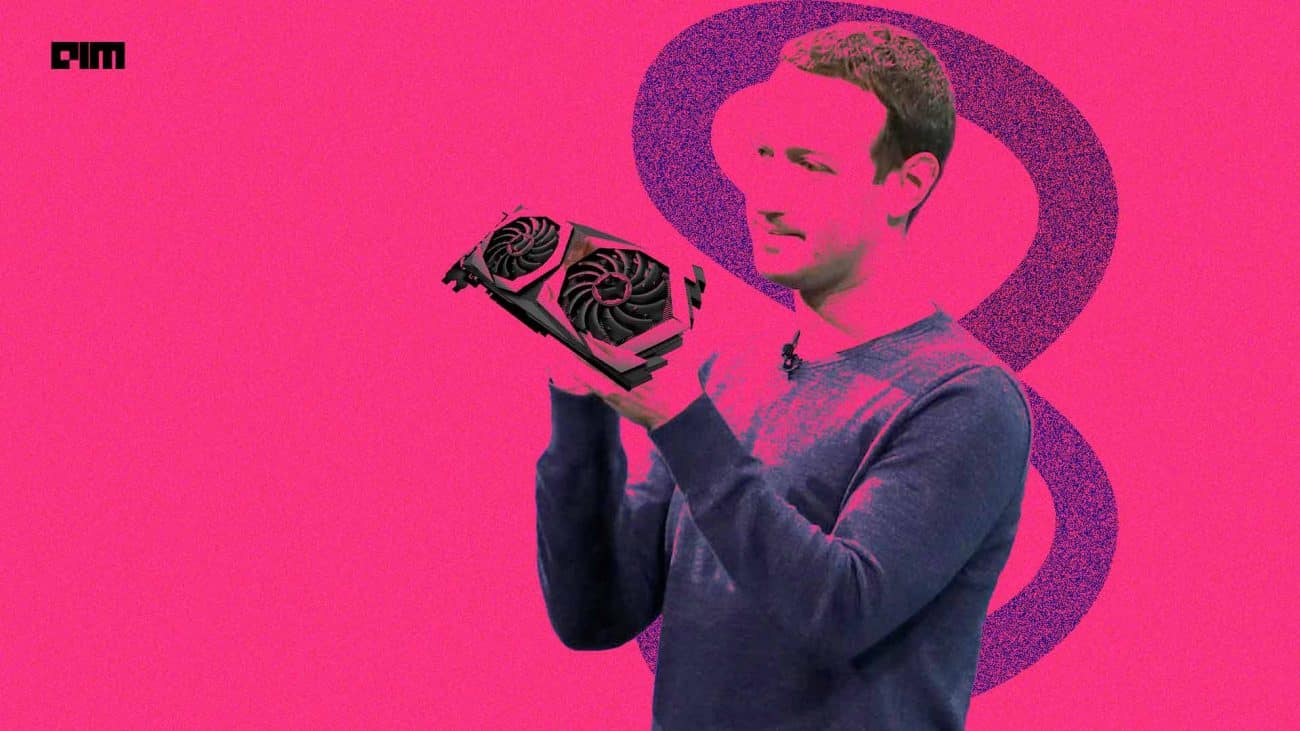Inspite of making strides in fostering diversity and inclusivity within the Indian tech ecosystem, the reality for transgender and gender nonconforming (TGNC) employees continues to be harsh. According to a recent report from the Harvard Business Review, a mere 33% of TGNC respondents in India dare to be open about their identity at the workplace.
Sadly, 63% stated that their gender identity has negatively impacted their careers. This highlights the stark contrast between the idea that workplaces are becoming more inclusive and the tough experiences of individuals trying to be themselves at work.
However, even in the face of the present challenges, the current situation is comparatively better than it was two decades ago.
“When I first entered office in the late 1990s, discussing LGBTQ+ issues or embracing one’s identity in the workplace was such a social taboo that I adopted the role of a ‘woman’ to navigate the professional world,” Ketty Avashia, executive director on the enterprise functions technology team at Wells Fargo India & the Philippines, told AIM in an insightful conversation last week.
Avashia, who identifies as a trans man, a passionate D&I advocate, and an occasional daydreamer, faced a lack of support for non-conforming identities in a culture that did not accept diversity, leading to social isolation. Client-facing roles added an extra layer of complexity, with the need for gender-neutral attire and constant awareness of unconscious biases.
However, upon relocating to the US in the mid-2000s to work with an American bank, he found a more accepting environment, marking a liberating turning point in his life. “Today, I confidently celebrate all my identities equally, a journey that was far from easy,” he smiled.
Advancing Trans Inclusion in the Workplace
“The current state of LGBTQ+ representation in the Indian tech ecosystem is slowly improving, driven by millennials and Gen Z queer professionals, marking a shift from the marginalisation witnessed in the earlier stages of many careers,” commented Avashia. However, the problem of navigating job search for trans individuals is still persistent.
“Navigating the tech job search as a TGNC individual involves identifying industry allies supporting LGBTQ+ rights for guidance, being vocal about one’s identity to foster inclusivity, and prioritising self-help to boost skills and confidence,” commented Avashia.
Thoroughly researching potential employers committed to diversity, engaging with LGBTQ+ employee resource groups, and focusing on long-term success beyond securing a position are all essential components of a successful job search strategy.
Wells Fargo’s Initiatives
At present, Avashia’s dedication to LGBTQ+ rights is evident in his initiatives to champion inclusivity within Wells Fargo, supported by targeted programs—a prospect that seemed unlikely earlier in his career. The company is also making strides to help queer individuals feel safe in the workspace. It has a Pride Employee Resource Network.
“This network not only promotes an inclusive workplace internally but also engages in external awareness initiatives. We aim to create a safe and supportive work environment where every employee, irrespective of gender identity or sexual orientation, feels seen and heard,” he added.
Earlier this year, the company initiated a train-and-hire program in collaboration with PeriFerry, a non-profit providing up-skilling and career-readiness training for transgender individuals. The support extends beyond programs, encompassing a range of benefits and infrastructure.
While Wells Fargo has made progress in ensuring the safety of queer employees, there’s a long journey ahead for the broader tech ecosystem to catch up.
For starters, companies should adopt flexible practices for trans inclusion, recognising that one size doesn’t fit all.
This involves providing reasonable accommodations, from assistive technologies to infrastructural changes like gender-neutral washrooms. Besides, they can better educate and sensitise employees through initiatives like the PRIDE Employee Resource Network, awareness-raising activities, and sharing diverse role models’ stories.
Openly supporting and celebrating the LGBTQ+ community sets a positive example for an inclusive workplace, combined with learning from employees’ experiences and inclusive hiring practices.
Avashia also encourages education and awareness for fostering inclusivity, particularly in addressing assumptions, such as housekeeping staff in public restrooms. The use of gender-appropriate pronouns is emphasised as a key element in promoting respect for individuals’ preferences, requiring a two-step process of acknowledgement and consistent practice.
Leadership Style
Currently based in Hyderabad, Avashia’s leadership mantra revolves around open communication, with life experiences contributing to the development of emotional intelligence. He establishes both formal and informal networks to support colleagues and aims to inspire LGBTQ+ individuals to embrace their true selves in professional journeys.
His leadership extends beyond the workplace, where he actively engages as a coach and mentor in personal and career development. However, coming out in the workspace is still a challenge. So for those grappling with it, Avashia’s advice is to recognise that times are changing, offering a more inclusive tomorrow.
Identifying allies, finding strength, and becoming vocal and visible are crucial steps, emphasising self-help before seeking external support.
“As a leader, I perceive the promotion of an inclusive environment not only as a personal duty but also as a contribution to the wider acceptance of queer individuals within the tech industry. We get there by talking openly, supporting each other, and being committed to making things better,” Avashia concluded.
Read more: When Sam Met Ollie











































































